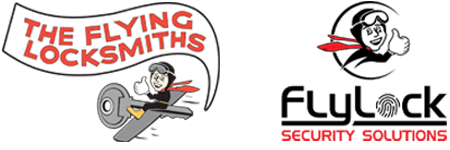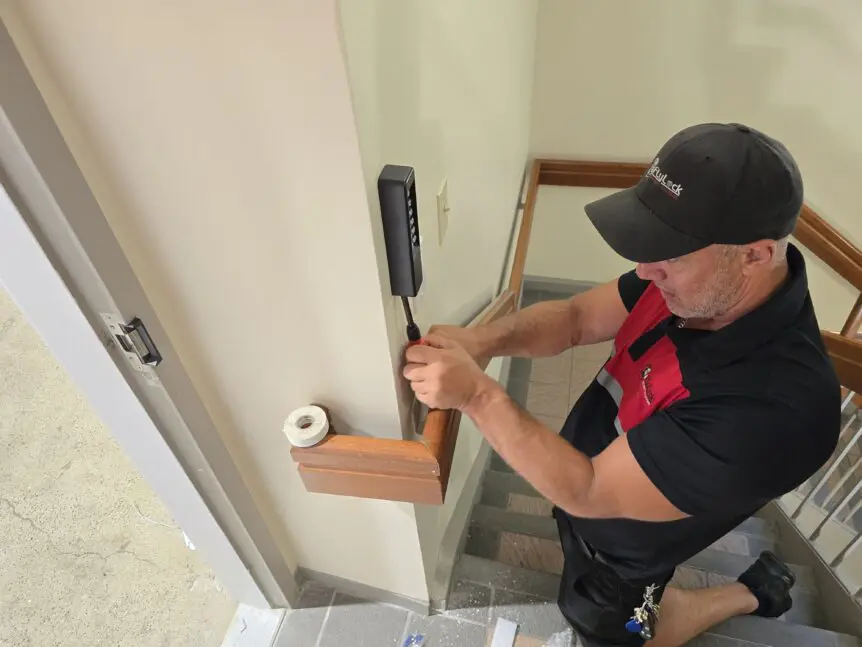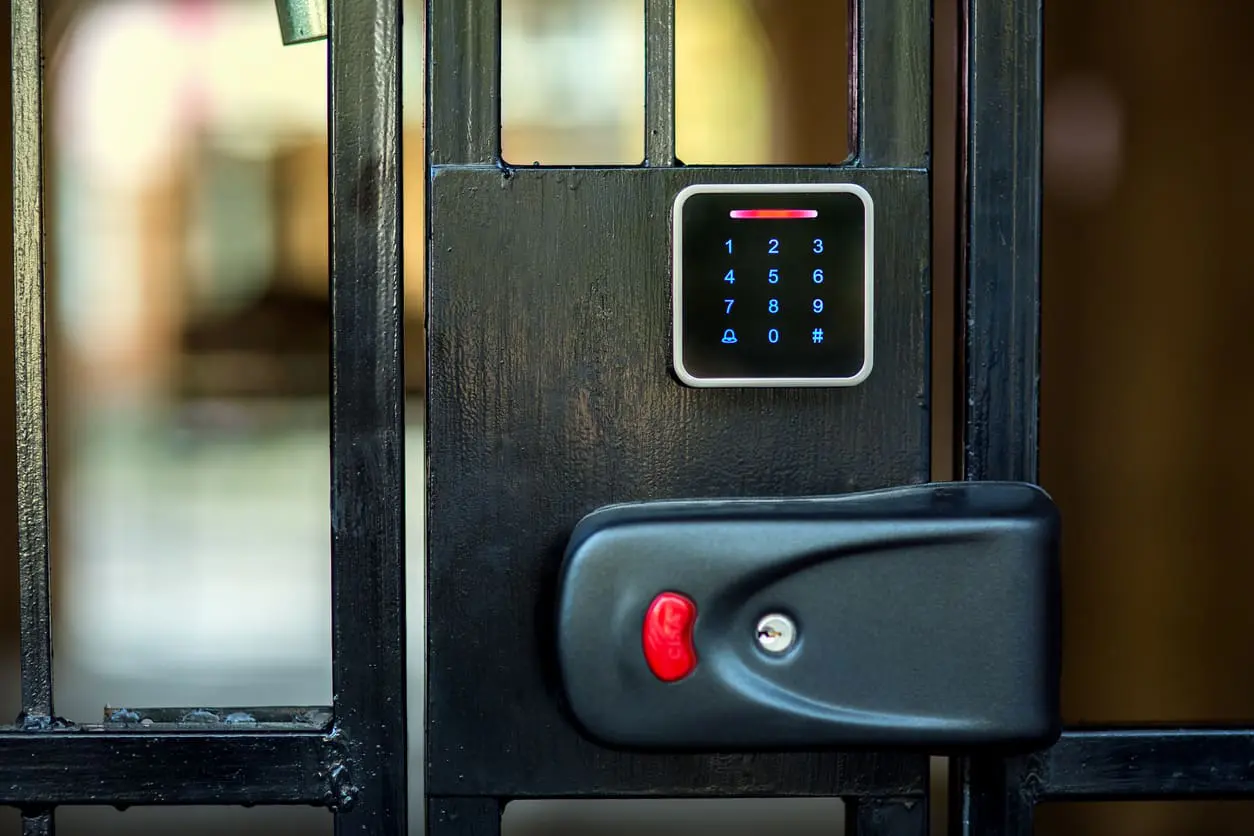As businesses evolve, so do their security needs. Traditional locks and keys, while reliable for centuries, no longer meet the modern demands of commercial security. Today, organizations need innovative, flexible, and responsive solutions that not only protect assets but also integrate with broader security strategies and operational efficiencies. Smart lock systems are emerging as essential components in the future of commercial security, transforming how businesses control access, monitor entry points, and safeguard sensitive areas.
Smart locking technology offers a range of capabilities that go far beyond securing a door. By combining advanced hardware with sophisticated software, smart locks provide centralized access management, enhanced security monitoring, and seamless integrations with existing security infrastructures, such as video surveillance, alarm systems, and mobile applications. From intelligent keyless entry systems to cloud-based access controls, these solutions empower businesses to respond quickly to security needs, manage access remotely, and improve overall operational control.
For companies looking to upgrade their commercial security systems, smart locking technology represents a forward-thinking investment that aligns with today’s business needs and tomorrow’s challenges. With expertise in commercial access control, companies like The Flying Locksmiths and FlyLock Security Solutions are leading the way in implementing secure, tailored smart lock solutions that provide peace of mind while supporting operational efficiency and growth.
Now, let’s explore what makes a locking system “intelligent,” the benefits of these systems, and the key factors businesses should consider when upgrading to smart locks.
TABLE OF CONTENTS
Smart Lock Topics This Blog Includes:
- What Makes a Lock System "Intelligent" or Smart?
- How Do Intelligent and Smart Locks Enhance Commercial Security?
- What Considerations Should Businesses Make When Upgrading to Smart Lock Systems?
- Advanced Features Transforming Commercial Security
- Why Smart Locks Are a Forward-Thinking Investment for Businesses
What Makes a Lock System "Intelligent" or Smart?
A locking system becomes "intelligent" or "smart" when it combines traditional security mechanisms with digital technology, enabling users to control access remotely, monitor entry points in real-time, and integrate access data with other business systems. Smart locks often include features like mobile access, biometric identification, keyless entry, and customizable access schedules. They may also connect to cloud-based platforms, allowing businesses to monitor security data remotely and instantly respond to security incidents.
The primary advantage of a smart lock is its ability to work in sync with a business’s overall security framework. With software-driven updates and the capacity to communicate with other systems, smart locking solutions make security adaptable and responsive—qualities that are essential in today’s fast-paced commercial environments.
How Do Intelligent and Smart Locks Enhance Commercial Security?
Smart locks provide enhanced security by offering layered, adaptable, and centralized control over who enters specific areas within a business. Unlike traditional locks, which rely on physical keys that can be copied or lost, smart locks use encrypted codes, biometric data, or mobile credentials, making unauthorized access significantly harder.
Moreover, smart locking systems enable real-time monitoring and notifications, alerting business owners or security personnel of any suspicious activity instantly. For instance, if an unauthorized person attempts to access a restricted area, the system can send an alert and trigger a security response, such as lockdown or video capture. This proactive approach not only prevents unauthorized entry but also deters potential security breaches by increasing visibility and control.
What Considerations Should Businesses Make When Upgrading to Smart Lock Systems?
When upgrading to smart locking systems, businesses should consider several key factors:
- Compatibility with Existing Infrastructure: Smart locks are most effective when integrated into existing security frameworks. Ensuring compatibility with video surveillance, alarm systems, and access control platforms can streamline monitoring and enhance overall security. Working with experienced professionals, like The Flying Locksmiths and FlyLock Security Solutions, helps ensure that these integrations are seamless.
- Scalability and Customization Needs: As businesses grow, so do their security requirements. Choosing a scalable smart locking system that allows for easy upgrades and customization is essential for accommodating future expansions or modifications without major disruptions.
- Access Control Policies and User Management: Smart locks offer multiple access options, including biometrics, mobile credentials, and unique codes. Businesses should identify which method aligns best with their security policy. Additionally, establishing clear user access hierarchies—such as assigning different access levels to managers, employees, and visitors—enhances control and minimizes risk.
- Data Security and Privacy: Since smart locks generate and store sensitive data, it’s crucial to select systems that offer strong data encryption, regular updates, and secure cloud-based storage options. Proper data management policies help protect against cyber threats and ensure compliance with industry regulations.
Advanced Features Transforming Commercial Security
Modern smart locking systems offer a range of advanced features that can address unique security challenges within different industries. Here are some notable functionalities that make smart locks ideal for commercial applications:
- Cloud-Based Access Control: Businesses can manage and monitor locks from anywhere, often in real-time. This feature is especially valuable for companies with multiple locations, as it enables centralized management of all entry points from a single dashboard.
- Biometric Access and Facial Recognition: Biometric solutions add an extra layer of security by verifying identity through unique physical traits, such as fingerprints or facial features. This ensures that only authorized individuals gain access, even if an access card or code is compromised.
- Scheduled Access and Time-Based Permissions: Smart locks allow for precise access control by enabling entry only during certain times or days. This is beneficial for facilities with different security requirements at various times, such as warehouses, retail spaces, or healthcare facilities.
- Remote Locking and Unlocking Capabilities: With remote access, businesses can grant or deny access in real-time, even if security personnel are offsite. This feature is invaluable for urgent situations, such as needing to secure premises after an incident.
Why Smart Locks Are a Forward-Thinking Investment for Businesses
The Role of The Flying Locksmiths in Modern Commercial Security
When implementing a smart locking system, it’s essential to have a knowledgeable partner who understands both the technology and unique business needs. The Flying Locksmiths and FlyLock Security Solutions specialize in commercial security solutions, offering comprehensive services from consultation to installation and maintenance. With a commitment to quality and expertise in integrating smart lock technology, The Flying Locksmiths and FlyLock help businesses achieve a secure, efficient, and future-ready access control system. Whether updating an outdated access control system or implementing a fully integrated security network, we provide tailored solutions that meet the highest industry standards. Contact us today to improve your security with smart locking systems!



